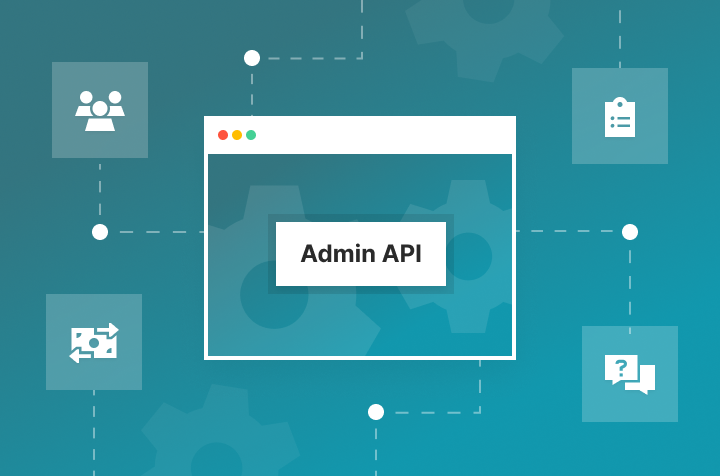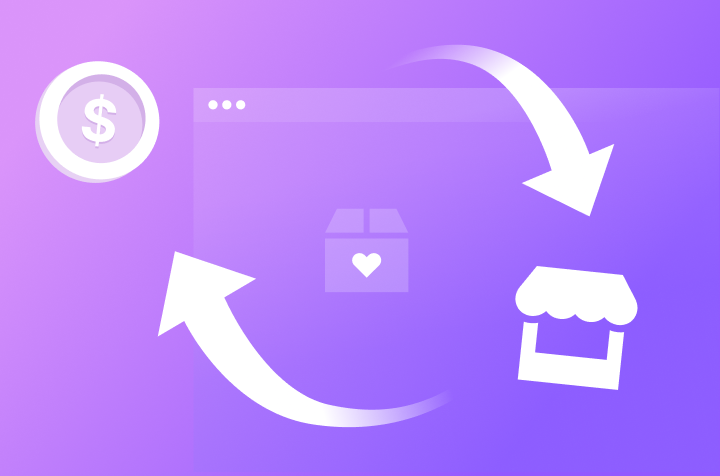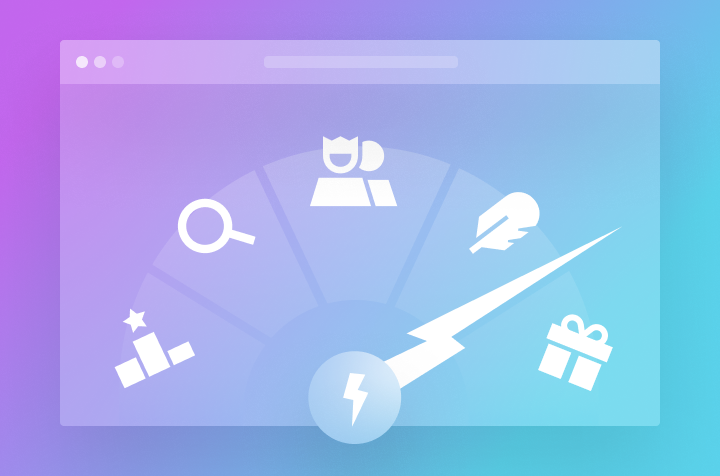SMM panel hacking attempts occur quite often, especially when it comes to popular panels that a lot of people use. It's yet another type of phishing — the way hackers scam people online by stealing their personal information. Some of those attempts fail, some end up being successful. It especially depends on where SMM service resellers get their panels from, but there are also other things that should be taken care of — we are going to discuss them further.
On our platform, we do everything we can to prevent our clients' SMM panels from getting hacked. We offer powerful DDoS protection as well as free SSL certificates for each panel, constantly work on improving our system as well as eliminating any kind of bugs and so on. However, even our clients' SMM panels still can get hacked, and mostly it depends on how careful they are when it comes to running their panels.
Below we listed the top 10 tips to help you avoid getting your SMM panel hacked.
1. Make sure to come up with a strong password
The first thing to do is to ensure your password is strong enough. It's essential when creating accounts on pretty much all websites but it's especially important in those cases when your personal information is required as well as platforms where you store your money. SMM panels fit into that category, which is why admins have to be really careful when choosing their passwords.
As a rule, strong passwords are long, they contain a mix of upper-case and lower-case characters, numbers, and symbols. You should also avoid using common leetspeak* substitutions (*leetspeak is an informal language or code people use online, in which regular letters are replaced with numbers or special characters), sequential letters and numbers as well as memorable keyboard paths, like qwerty.
2. Don't use the same password on different websites
Another very important thing regarding passwords is to not use the same one for all your accounts online. Some websites aren't secure enough and can be compromised fairly easily. If that happens, hackers can get access to the compromised website's password storage, and your password will be revealed to them. It's basically like having one key to unlock all doors you use, this is why all your passwords should be unique.
3. Check website security and be vary of pop-ups
When it comes to giving out sensitive financial information, it's natural to be wary. There shouldn't be any problems if a website is secure enough, though. SMM panels are just like that: it's always necessary to determine that it's safe before creating an account, let alone transferring your money there.
How to determine whether a website is safe or not?
Before you submit any information, make sure that the website in question has an SSL certificate: its URL begins with "https://" and there's a closed lock icon near the address bar. To learn why having an SSL certificate is so important, check out our blog post What is an SSL certificate and why does every SMM panel need it? All SMM panels on our platform have SSL certificates, which is why you can rest assured that they are safe to use for you as an admin and your customers.
In addition, if you get a message stating that a certain website may contain malicious files, do not open it. It's also important to never download any files from suspicious emails or websites.
Pay attention to search engines as well since they may show certain links that lead users to a phishing website that often offer products or services at low prices. If someone makes a purchase on a website like that, hackers will get access to their credit card details.
Pop-up windows can be dangerous too.
Pop-up windows can often be disguised as legitimate components of a website. A lot of the times they end up being phishing attempts. Many popular browsers have the option to block pop-ups and allow them on a case-by-case basis. If you still see one of the unwanted pop-ups here and there, don't click the “Cancel” button as those often lead to phishing websites. Instead, click the small “x” in the upper corner of the window.
4. Always avoid following suspicious links of any kind
Phishing is the way hackers scam people online by stealing their personal information. Often it happens when a person follows a malicious link.
SMM panel admins often become phishing victims, which is why it's really important to avoid various suspicious links you may get via tickets, emails, or on websites you can't trust. What looks like a legitimate link can be a disguised link to a malicious website hackers use to scam people.
If you don't know the sender of a link, it's always a red flag. However, even if a link like that comes from someone you know, it still doesn't guarantee that it's safe. Especially when the message contains just that link or something that doesn't really make sense or is very out of character/odd. The account of the person you know might be hacked, and their contacts are now targets of phishing attacks.
How to spot a suspicious link?
Sometimes hackers make it seem like links will take you to a legitimate source. But there's an easy way to determine whether a link is suspicious or not — just hover your mouse over it. A little box will appear to show where that link will actually lead.
5. Be careful with giving your personal information
It should go without saying but if you get emails/messages in which someone is asking you for your personal information, it's also always a red flag. If in doubt, it's always best to double-check by calling the company that supposedly messaged you or contacting the person you know if you get something weird from their account.
6. Refrain from sharing your provider account's API key
Integrating providers with SMM panels on our platform is super easy — all you need to do is to enter the API key from your provider account in Settings > Providers.
However, you need to be extra careful with that API key and make sure to keep it secret. If anyone gets access to it, they can get access to your provider balance as well and spend all your money there.
7. Check your online accounts on a regular basis
It's important to check your online accounts regularly even if there's no particular need to do that. You should also get into the habit of changing your passwords regularly.
To avoid bank and credit card phishing scams, make sure to personally check your statements as well to confirm that no fraudulent transactions have been made without your knowledge.
8. Keep your browser up to date and use firewalls
Updating your browsers regularly is extremely important since security patches are released for them all the time. Such patches help get rid of the security loopholes that hackers find and exploit.
Firewalls are like buffers between you, your computer, and outside intruders. It's recommended to use two different kinds: a desktop and a network ones. Desktop firewalls are a type of software, while network firewalls are a type of hardware. Using those two together helps significantly reduce the odds of hackers getting access to your personal information.
9. Install good antivirus software & constantly update it
Make sure that you also have good antivirus software installed that you keep up to date. It can prevent access to malicious files by blocking the attacks as well as scan every file that comes through the Internet to your computer in order to avoid causing damage to your system.
10. Stay informed about new phishing techniques
The reality is that new phishing scams are being developed constantly. It's easy to become a victim of one (or more) of those if you don't keep up with the news regarding that matter. The earlier you find out about new phishing techniques hackers use, the less likely you will be affected by them.



